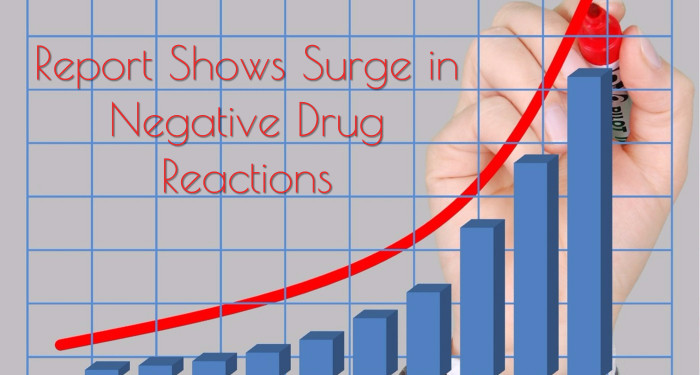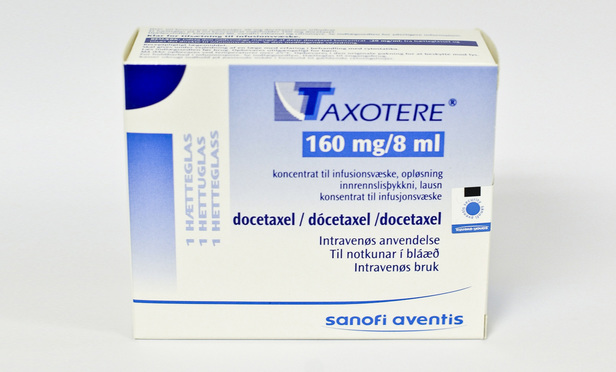
Adverse Drug Reactions Hit Record Levels
The negative impact of drug side effects has hit record levels in recent years, according to the latest data released by the U.S. Food and Drug Administration (FDA). Worse still, the analysis also shows a fivefold increase in adverse drug reactions over the past 12 years.
Back in 2004, there were 206,000 reports filed, covering side-effects (or “adverse events”) and medication errors. This figure leapt to 1.19 million in 2015, making it the first year to break the one million mark. Closer analysis of the data reveals that the numbers have been increasing rapidly since 2009, when they still languished in the low hundreds of thousands.
The report raises many concerning questions, not the least of which center on the fact that the actual problem could be far worse than recorded.
Even with uncertainty surrounding how comprehensive the FDA’s reporting system for adverse drug reactions can be, the surge in numbers is striking. The acceleration is even more concerning when we consider that only medical stakeholders required to report negative reactions are the drug companies.
Doctors and patients contribute their reactions on a voluntary basis, meaning the numbers could be much higher still.
While the report is compiled primarily to highlight trends that could indicate new safety concerns about a drug, increased awareness of the system could help gather more data and improve consumer awareness of adverse reactions.
Even with such a large pool of data to analyze, it’s important to note that the report has no mechanism to quantify the severity of side effects or the contribution of the drug in causing them. Nonetheless, it helps to have more reports coming in, especially if they come directly from doctors and patients. This is perhaps the most important aspect of these latest figures.
This is perhaps the most important aspect of these latest figures. If patients are more aware of their options when it comes to adverse drug reactions, they can also become more informed. This information and feedback loop serves to educate the wider public. At a time when pharmaceutical companies
At a time when pharmaceutical companies spend billions of dollars advertising the latest and greatest drugs in the best possible light, any system that puts power back in the hands of patients and medical professionals has to be a good thing.



